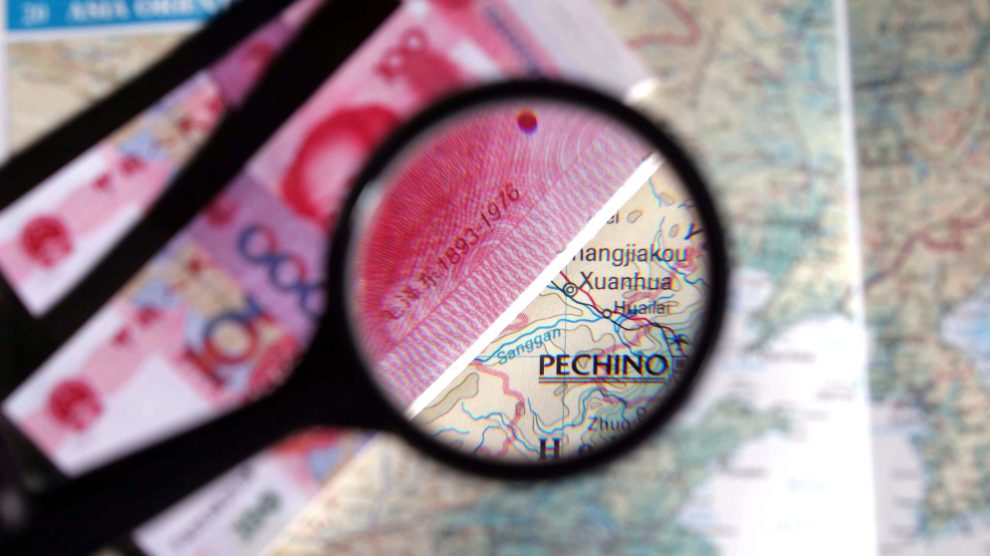Limited reach, heightened vigilance. General Andrea De Gennaro, commanding the Guardia di Finanza (the military police force for financial crime) for two years, tells Il Sole 24 Ore that Chinese criminal organisations’ underground banking—used to funnel and “clean” illicit funds—does not enjoy “capillary diffusion” in Italy.
- Yet, he warns, “We continue to monitor certain alerts, especially where there is a strong Asian entrepreneurial component.”
Guardia di Finanza strikes back. De Gennaro highlights a recent operation in Brescia.
- An ostensibly ordinary retail shop was actually a covert “bank,” offering cash-based payment services and money exchange outside official channels.
- Over €500,000 in cash and luxury goods were confiscated.
Inside the bank. In a shop near Brescia’s station, the core business was a parallel, illegal payment network.
- Customers—predominantly from the Chinese community—handed large sums of cash to the operators, who charged a 2.5% commission.
- Funds were then transferred to foreign accounts via Chinese payment apps, returning to clients in renminbi.
- This process bypassed formal banking channels and anti-money-laundering safeguards, masking illicit origins—linked in this case to suspected prostitution rackets at local massage parlours.
A wider financial surveillance. This Brescia case forms part of a broader monitoring effort.
- In 2024 alone, Italy recorded over €8 billion in remittances abroad.
- The province of Brescia accounted for €221 million of that total.





